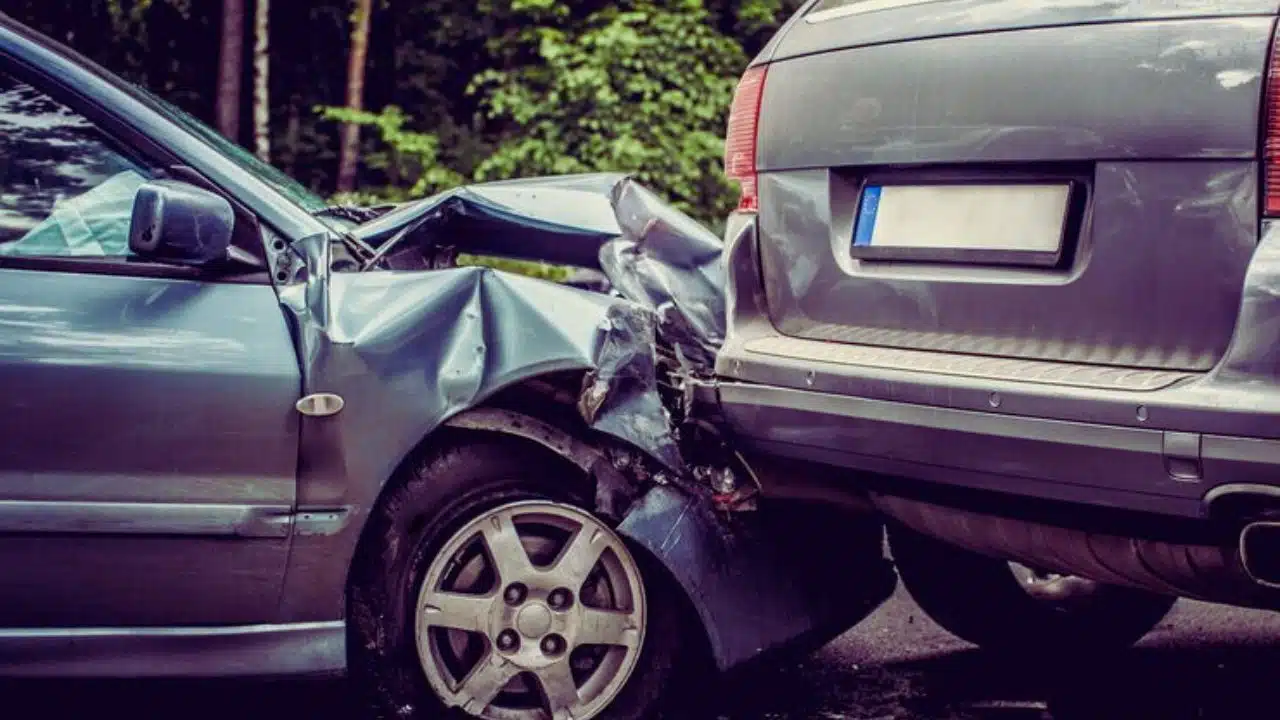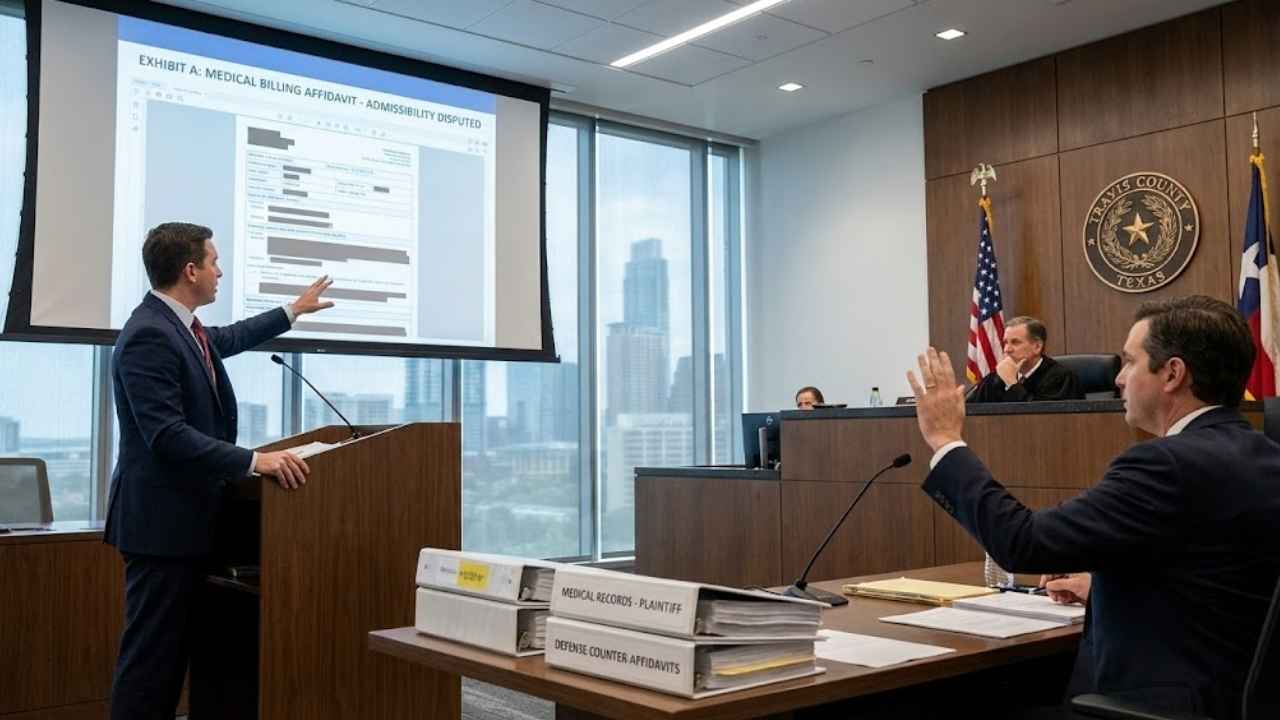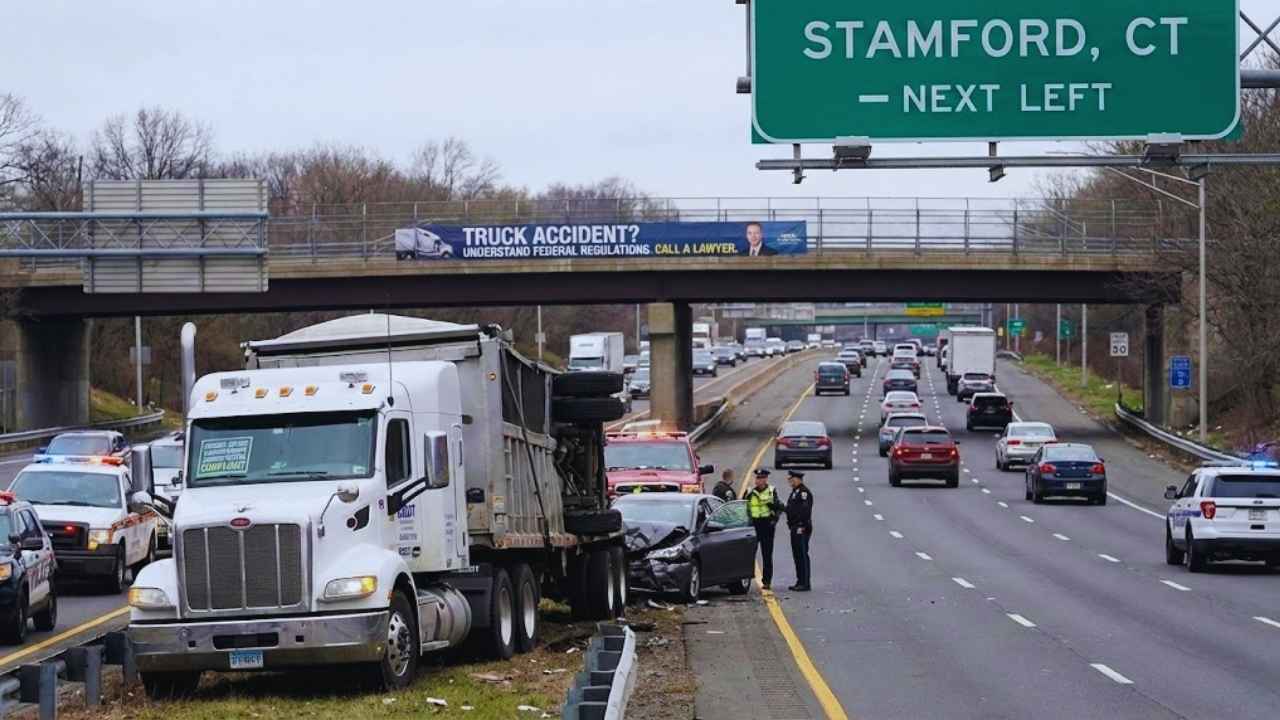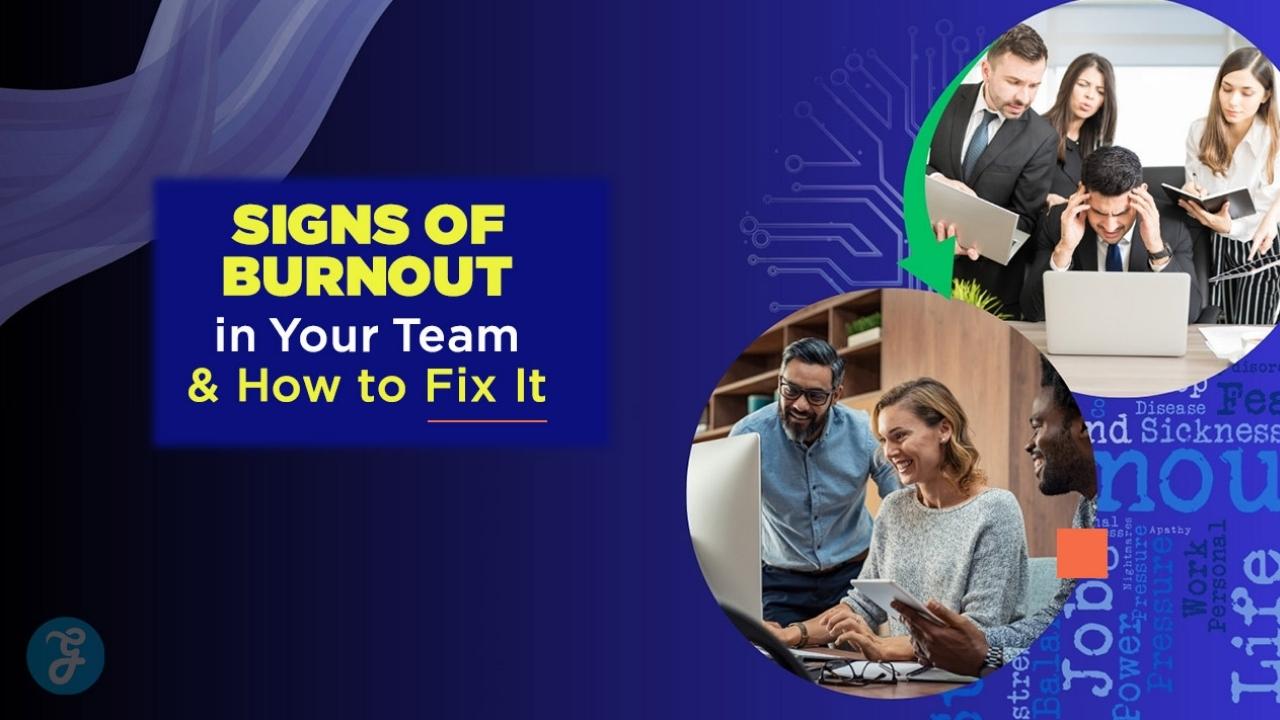San Bernardino, California, a city steeped in rich history and cultural diversity, sits at the heart of the Inland Empire region. Known for its scenic landscapes, from the San Bernardino Mountains to the expansive desert plains, the city offers a unique blend of urban and natural beauty. The local economy is diverse, with significant contributions from sectors like logistics, education, and healthcare, while cultural landmarks such as the historic California Theatre add a unique charm to the city. Despite its picturesque surroundings and dynamic community, San Bernardino is not immune to the issues that affect larger urban areas. One such concern is the prevalence of highway car accidents.
Car crashes on highways can be devastating ordeals that deeply affect the people involved. Besides the emotional toll, they can also bring strains like medical bills, property damage costs, and lost income piling up fast. Understanding who is responsible and how to get compensated after a highway car accident is crucial for ensuring fairness for the victims. A free case evaluation by a reputed lawyer can be invaluable in such situations. This article aims to shed light on these issues and provide insights into dealing with such situations.
Liability in Highway Car Accidents
Determining who is at fault in highway car accidents can be quite a task that requires an examination of various factors. It’s important to keep in mind that blame for an accident might be shared among multiple parties. The key factor in establishing liability for highway car accidents is negligence. If one driver didn’t exercise care and caused the accident, they could be held accountable. Actions like speeding, distracted driving (such as texting while driving), drunk driving, or unsafe lane changes indicate a failure to fulfill their duty of care.
However, there are cases where more than one party could bear responsibility for a highway car accident. If, for example, bad road conditions or insufficient signage played a role in the crash, the party responsible for maintaining the roads or signs could share some blame. Moreover, if a defect in one driver’s vehicle directly led to the accident (like faulty brakes), the manufacturer might be held accountable.
Compensation Options for Victims
Individuals involved in highway car accidents can pursue compensation through channels available in their area. The types of compensation granted can vary based on factors such as the severity of injuries and the extent of damages.
1. Medical Costs:
A significant form of compensation sought by victims involves covering expenses resulting from injuries sustained during the accident. This encompasses expenses related to hospital stays, surgeries, medications, rehabilitation sessions, assistive devices, and ongoing medical treatment. It is important for victims to keep records of all bills and costs incurred due to the accident.
2. Property Loss:
Another aspect of compensation concerns property damage. If a victim’s vehicle was damaged or totaled in the accident, they may be eligible for reimbursement or repair expenses. Additional damages may extend to items damaged inside the vehicle at the time of the accident, such as devices or valuable belongings.
3. Loss of Income and Future Earning Potential:
In the aftermath of highway car accidents, individuals often experience extended recovery periods that can prevent them from working or impact their ability to earn a living in the future. In such situations, individuals may seek compensation for the wages lost during their recovery period as well as seek long-term financial support for any reduction in their potential future earnings.
Emotional Distress and Mental Strain
The emotional toll of a highway car accident can significantly affect a person’s health. Compensation may be provided to address the pain, suffering, and emotional distress endured as a result of the injuries sustained in the accident.
Navigating the Legal Process
To ensure a journey and improve their chances of receiving fair compensation following a highway car accident, victims should consider several crucial steps:
1. Collecting Evidence:
Gathering evidence is essential for building a case. Victims should take photographs of both vehicles involved in the crash, witness testimonies if available, copies of police reports from the accident scene, medical records related to their injuries, and maintain detailed records of expenses resulting from the incident.
2. Seeking Immediate Medical Attention:
It’s crucial for individuals to promptly seek help after a car accident, even if the injuries seem minor at first. Some injuries may not show symptoms right away or could worsen over time without proper care.
3. Reaching Out to Legal Help:
Getting in touch with professionals who specialize in handling highway car accident cases can greatly improve the chances of receiving fair compensation. These experts have knowledge of personal injury laws and use their skills to navigate the legal complexities on behalf of their clients.
Conclusion
Having a grasp of liability and compensation in highway car accidents is vital for all those impacted by events. From determining fault and shared responsibility to seeking reimbursement for medical costs, property damage, lost wages, and emotional distress, it’s important to gather evidence and find suitable legal assistance. By addressing these aspects and utilizing legal resources, victims can strive towards achieving fair justice while recovering physically, emotionally, and financially from the distressing incident.








































